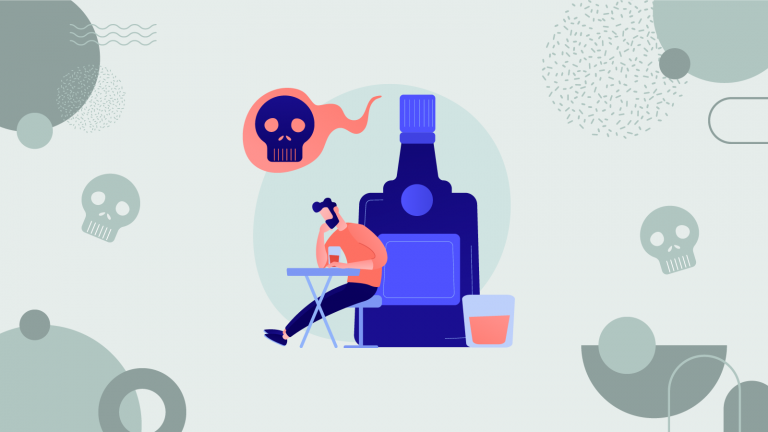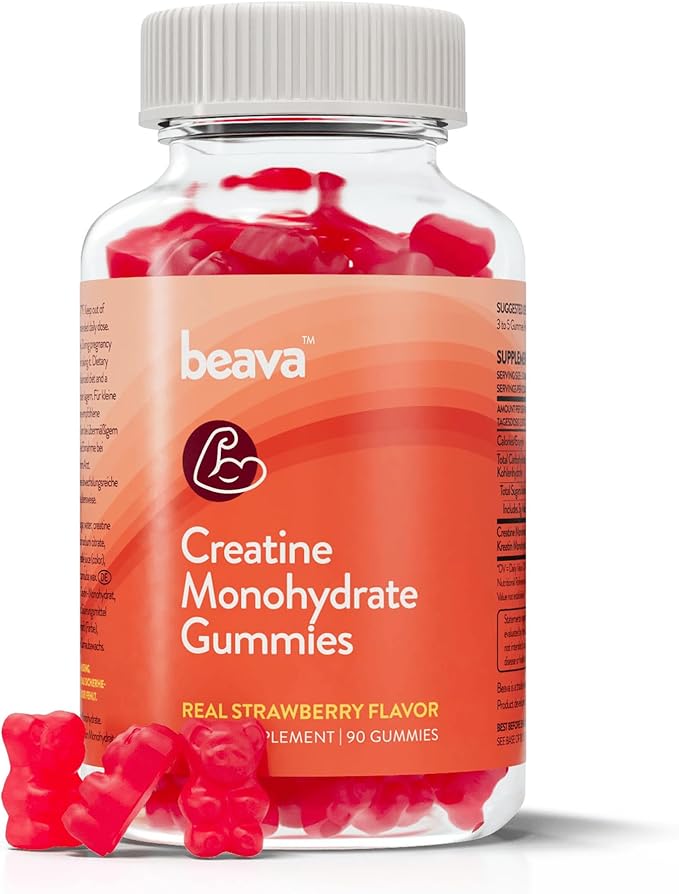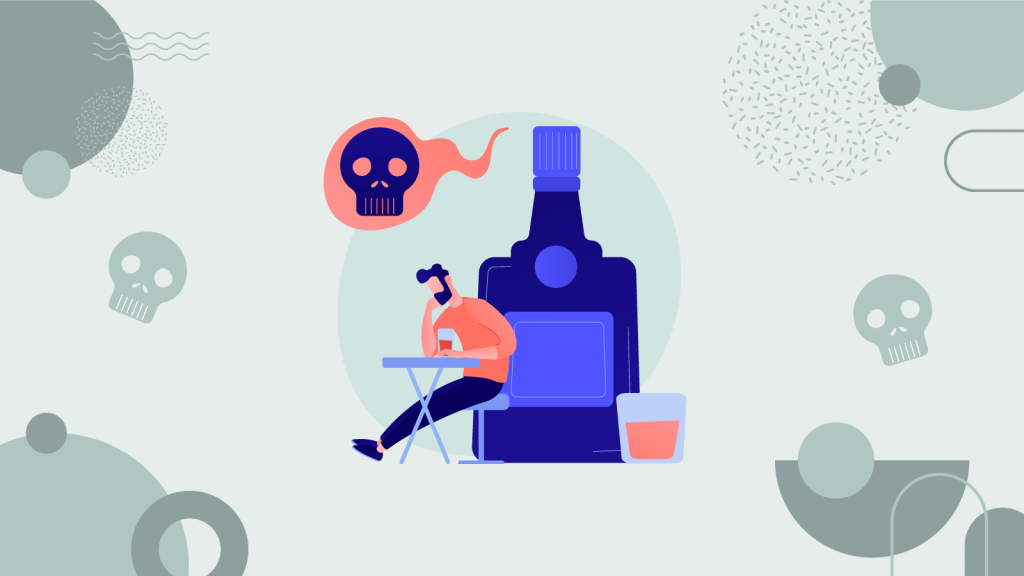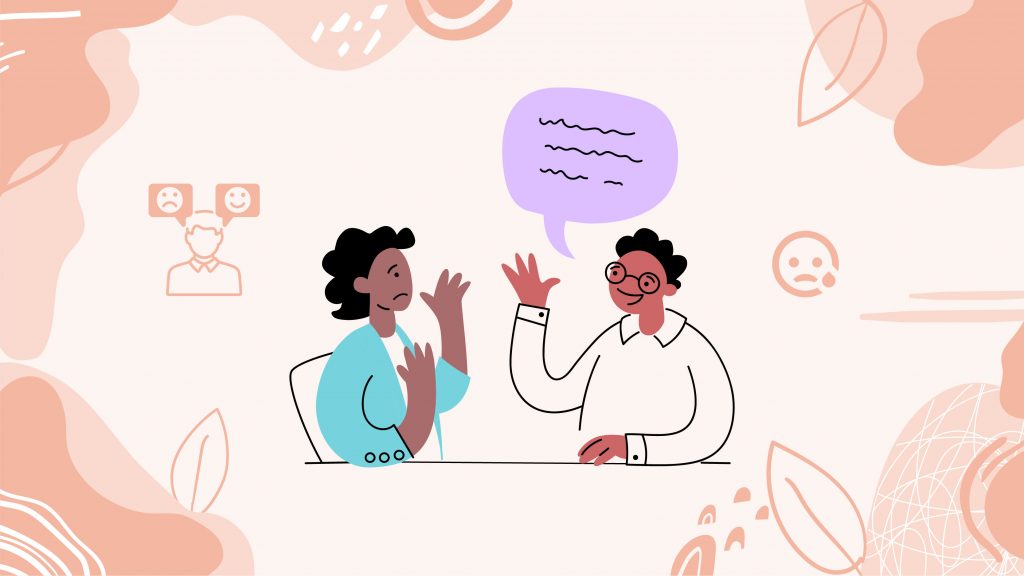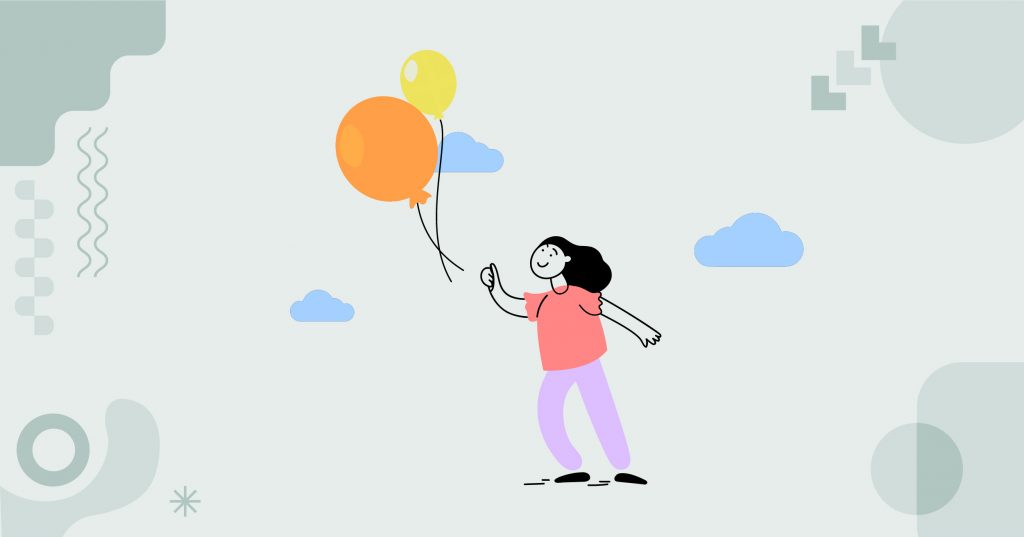“Finding comfort in dizziness, never want to be sedated again; an existence that’s only to say, otherwise a faint sane.”
As the sun sets, your desire for alcohol consumption rises. If this is you, and you are tired of this addiction and cannot get rid of it, then it is time you make some effective changes in your lifestyle.
Many people across the world are going through the same situation. Most of them have tried various solutions and failed, whereas some people are not able to do more than just think.
If you genuinely want to get rid of this unhealthy lifestyle and habit of yours, you need to understand the root cause you are craving this and what are highly effective strategies that can work for you.
Let’s dive into it more deeply and get a better understanding of alcohol addiction and how you can quit it.
Why You Must Understand Your Alcohol Addiction?
It is not easy to overcome a habit that has influenced your life more than you can imagine. However, with constant effort and dedication, you can break the habit and have a healthy routine.
You must understand that overcoming alcohol comes with acknowledging that it is a major issue. Many people are trapped in a cycle that might seem impossible to break.
If you are wondering why alcohol holds this powerful grip on your life, you must recognize that it is not just about your willpower but the complexity of biological, psychological, and social factors.
Alcohol impacts your brain’s reward system and creates a strong connection between your drinking and pleasure, making it even more challenging to resist the urge, even when you are aware of its harmful effects on your body.
🎭 Fun Fact
Did you know that the brain can begin to rewire itself for recovery just a few weeks after quitting alcohol? Neuroplasticity allows the brain to adapt and change, helping you build healthier habits.
According to some research, about 1 in 10 people who drink alcohol develop a dependence even after knowing the seriousness of the issue. At this stage, it becomes even more important to tackle the problem and live a healthy life.
- The Role of Dopamine in Addiction
When you are drinking alcohol, your brain will release this “feel-good” chemical called dopamine. This chemical will change your behavior and eventually make you drink more. The cycle of craving alcohol and rewarding yourself will become endless, turning it into a hard-to-quit habit.
Why Do You Have Alcohol Cravings?
Do you sometimes wonder what it is that makes you crave alcohol even more when you know the consequences of drinking it?
Well! The answer resides in various triggering factors such as stress, environmental effects, or, sometimes, a social situation. Your brain has been trained to relate these triggers with alcohol, and you fail to resist the urge to drink.
At this point, it becomes even more crucial to understand why you need to overcome this addiction. There are many people who believe that this craving is just a sign of weakness, but in actuality, it is the natural response to your addiction.
- Psychological and Environmental Triggers
Your alcohol cravings are often linked to your psychological states, like anxiety, sadness, or boredom. Not only that, there are several environmental triggers, such as being in a place where you used to drink or around your drinking partners, which can intensify the desire.
👉 Pro Tip
Keep healthy snacks or drinks like herbal tea on hand to satisfy cravings in a more nutritious way. Cravings often pass in just 15-20 minutes.
Strategies to Quit Drinking and Stay Sober
Are you looking for the most effective strategies that will help you quit your drinking habit? Then, you must understand that quitting alcohol is not as easy as it might seem. However, with the right strategies, you can overcome this challenge and develop strong willpower.
Here are some proven strategies that can help you stay sober and maintain your alcohol addiction in the long term.
#1: Building a Strong Support Network
The very first and most impactful step towards your journey of quitting drinking is to surround yourself with a strong and supportive network of people who understand your challenges. It could be your friends, family, or structured groups like Alcoholics Anonymous (AA) to help you overcome the habit. These people not only support you emotionally but also keep you motivated towards your goals. According to some research, people who have reliable support systems are significantly more likely to maintain sobriety for the long term.
#2: Developing Healthy Coping Mechanisms
It is not easy to stay on track when you see alcohol as a coping mechanism for stress, anxiety, or emotional pain. If you actually want to quit drinking, then it is important that you do not use it as a coping mechanism and replace it with healthier alternatives. You can also get engaged in activities that bring you joy and relaxation to quit drinking, such as working on your creative hobbies, spending time in nature, or simply exercising. Practicing these activities helps you divert your attention from alcohol and provides you with a healthy mind and body. Doing physical activities regularly releases endorphins, which are your body’s natural mood lifter and help you become emotionally strong. You can also opt for some alternative foods or supplements that can help you reduce the craving by providing required vitamins and minerals such as Vitamin C, Zinc, calcium, magnesium, etc.
#3: Mindfulness and Meditation
Another best way to keep you mentally strong when you are on your journey to quit drinking is mindfulness and meditation. When you are mentally strong, you can overcome your alcohol cravings. These practices not only boost your mental health but also manage your emotions more effectively. Even a few minutes of mindfulness meditation can significantly enhance your ability to take control of your thoughts and impulses.
#4: Seeking Professional Help
If you are extremely suffering from alcohol addiction and the things or practices are not that effective for you, you can seek professional help to quit drinking successfully. It could involve medication, therapy, or staying at an inpatient treatment program, according to the severity of your addiction. One of the most effective therapies to treat the drinking habit is Cognitive-behavioral therapy (CBT), which will help you recognize the pattern contributing to your drinking and prepare strategies to reduce the addiction effectively.
#5: The Role of Therapy in Recovery
There are therapies like CBT and motivational Interviewing (MI), which are specially designed to change the way you perceive alcohol and motivate you to stay sober. With the help of these therapies, you address the symptoms and promote long-term recovery.
👉 Fun Fact
Studies show that people who stay sober for a full year have a much higher chance of maintaining sobriety long-term. The first few months are the toughest, but it gets easier!
Conclusion
If you are already on your journey to recover from alcohol addiction, you must understand that it is not an easy path. However, if you are consistent and have strong willpower, you can successfully achieve your goal.
It is important to understand the nature of your addiction and recognize the triggers that empower your cravings. It makes it easy to implement highly effective strategies to quit drinking and take control of your life again.
You need to keep in mind that you are not alone in this journey; you have support from your friends and family, which is one of the most important steps towards a healthier and happier life.
“Dizziness slowly fading away, a new sun to rise; the choices that I made, only to embrace the wise.”
🎭 Activity
Create a Sober Bucket List: Write down 5 activities or goals you want to accomplish now that you’re living alcohol-free. This could be anything from taking up a new hobby to planning a trip.
Sources:
- Commonwealth of Australia, Department of Health and Aged Care: Treatment of Alcohol Problems
- National Institute of Alcohol Abuse and Alcoholism, US: Treatment for Alcohol Problems
- Adrian College, MI: Breaking Free of Addiction













